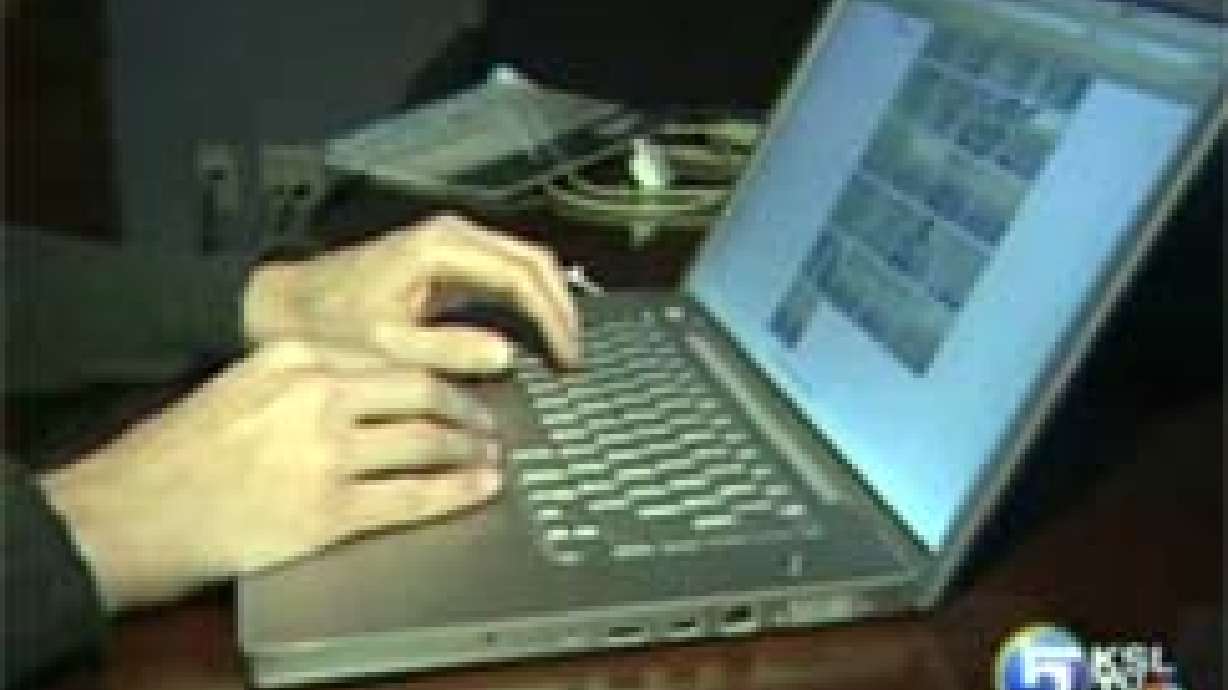Estimated read time: 3-4 minutes
This archived news story is available only for your personal, non-commercial use. Information in the story may be outdated or superseded by additional information. Reading or replaying the story in its archived form does not constitute a republication of the story.
SALT LAKE CITY (AP) -- Utah's lieutenant governor said Wednesday the state won't permit the use of electronic signatures to place initiatives on the ballot, potentially setting up a court battle to see if Utah will become the first state to allow it.
Lt. Gov. Greg Bell based his decision upon a legal opinion by Attorney General Mark Shurtleff, a fellow Republican.
#comingup
Bell's office requested the opinion after three groups began soliciting signatures online, circumventing the costly and time-consuming process of fanning out around the state to gather signatures in person.
Among other things, the initiatives address legislative ethics, banning corporate campaign donations and the creation of an independent commission to redraw legislative boundaries -- all of which have drawn opposition from GOP leaders.
Steve Maxfield, an ethics initiative sponsor who has accused Shurtleff of violating campaign finance laws, contends the legal opinion is premature and a political ploy to scare people away from signing them online.
"I think it's wrong and I don't think the state's position will hold up in court," said Maxfield, who will continue collecting online signatures.
While the Legislature could have designed various ways for this process to occur, it is clear that the Legislature contemplated that this was a paper-based process.
–Attorney General Mark Shurtleff
Utahns for Ethical Government and the Fair Boundaries Coalition also continued to collect signatures online Wednesday.
State lawmakers have purposefully made getting an initiative on the ballot difficult, fearing the state could otherwise be overwhelmed by the measures.
To get an initiative on the 2010 ballot, sponsors must gather about 95,000 signatures by April from registered voters in 26 of the state's 29 Senate districts.
Shurtleff's opinion says the state never contemplated the possibility of voters signing petitions online.
"While the Legislature could have designed various ways for this process to occur, it is clear that the Legislature contemplated that this was a paper-based process," Shurtleff wrote.
In Bell's statement, he said lawmakers should consider whether to allow electronic signatures, but took no position himself. Senate President Michael Waddoups, R-Taylorsville, said he didn't have a sense of whether Republicans who control the Legislature would want to allow them. Republican Gov. Gary Herbert spokeswoman Angie Welling said Herbert isn't opposed to using electronic signatures to get issues on the ballot, but standards need to be in place to ensure the signatures are legitimate.
Electronic copies of the ethics and redistricting initiatives appear online just as they do on paper. But rather than having to physically sign the forms and provide their name, address and birthday, voters can type in the same information to submit their signature online. That information is then checked against voter registration databases.
"We think the ruling is wrong and we will go to the court," said Kim Burningham, a spokesman for Utahns for Ethical Government. "In the meantime we will continue to gather signatures electronically."
Utah law recognizes electronic signatures as legal substitutes for written ones, but Shurtleff contends the initiative sponsors are taking that section of state law out of context.
He says electronic signatures are only valid when both parties agree to their use, something the lieutenant governor's office has not done. The lieutenant governor is responsible for administering elections in Utah.
However, Maxfield contends Shurtleff failed to acknowledge that the signatures are valid when those signing their name and those collecting the signatures -- the petition sponsors -- agree to their use.
"There are multiple parties in the process," he said. "The lieutenant governor is just one of them."
David Irvine with Utahns for Ethical Government thinks it's a political decision.
"We were told by the Lt. Governor's Office several months ago that they were under enormous pressure by the legislature to spike this petition," he told KSL.
------
Story compiled with information from The Associated Press and E-mail: Mary Richards.**








